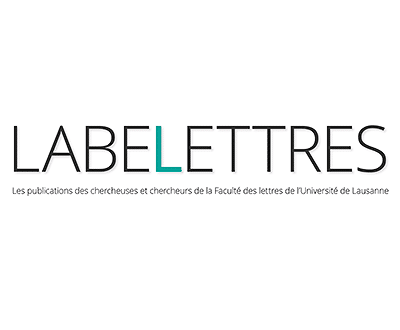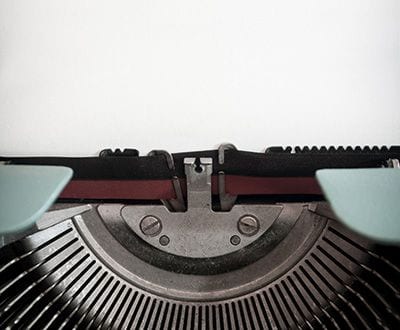Overview
The Slavic studies collection is aimed primarily at UNIL needs. A table summarises the state of development of the collection.
Our selection consists mainly of language textbooks, introductory works, Russian literary texts, studies of Slavic civilisation and Russian literature, and books on linguistics. Literary translations are generally available in comparative literature or at the Riponne site.
The main documents on Slavic studies and recent works are available in the dedicated open shelves. A detailed plan explains their classification under the Universal Decimal Classification (UDC) system.
Older items are stored in the stacks and can be ordered from the catalogue.
Swiss libraries generally use a transliteration of the original Cyrillic for searching for Russian texts in the catalogue (see the Wikipedia article on the various transliterations from Cyrillic ). Two transliteration systems are used in Swiss library catalogues for works in Cyrillic: ISO/R9:1968 (the international standard from 1968) and ALA-LC (the standard used by the Library of Congress in Washington).
We use the ALA-LC transliteration standard for all works in Russian.
Hard/soft signs and diacritics should be omitted from search terms. Here are a few examples of authors’ names in the ALA-LC transliteration: “Bakhtin”, “Dostoevskii”, “Chekhov”, “Pushkin”, “Eikhenbaum”, “Solzhenitsyn”, “Gorkii”, etc.
A table summarises the difference between the transliteration system we use and the system used in German-speaking Switzerland (ISO).
It is also possible to search for the titles of Russian works directly in Cyrillic.
Our databases, bibliographies and electronic encyclopaedias for Slavic studies are accessible from a dedicated menu
All digital Slavic studies journals can be accessed through the catalogue.
Members of the university community can access these resources from home by logging in to the UNIL secure network.
Here are a few additional links for Slavic studies:
- Russian dictionaries, keyboard and basic texts on the Lexilogos website.
- Russian keyboard layouts for Windows provided by Leipzig University
- Russian and Slavic library
- Online library lib.ru
- Slavistik-Portal
- Centre for comparative epistemological research in Central and Eastern European linguistics (Crecleco)
- At UNIL – Slavic and South Asian languages and civilisations section


